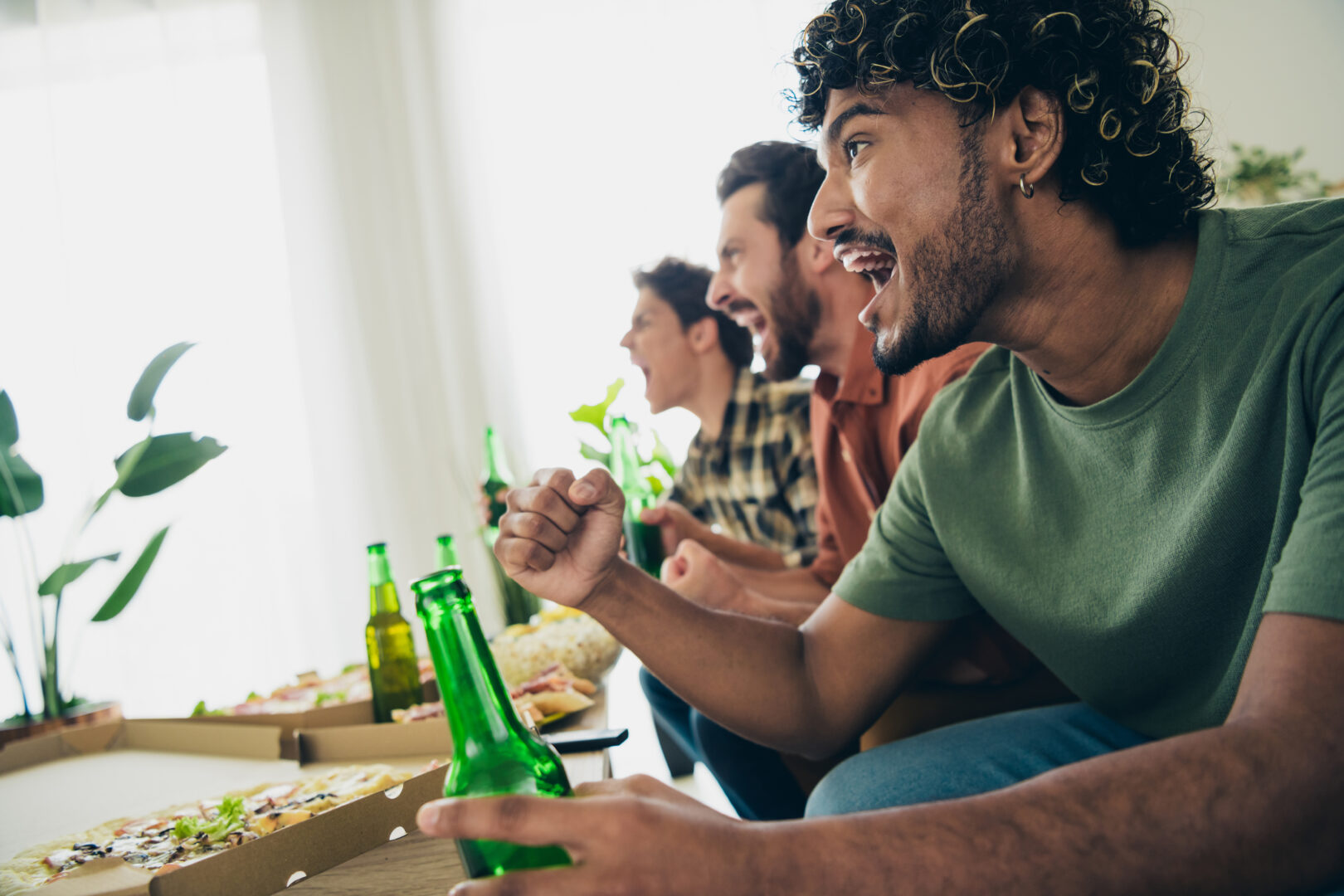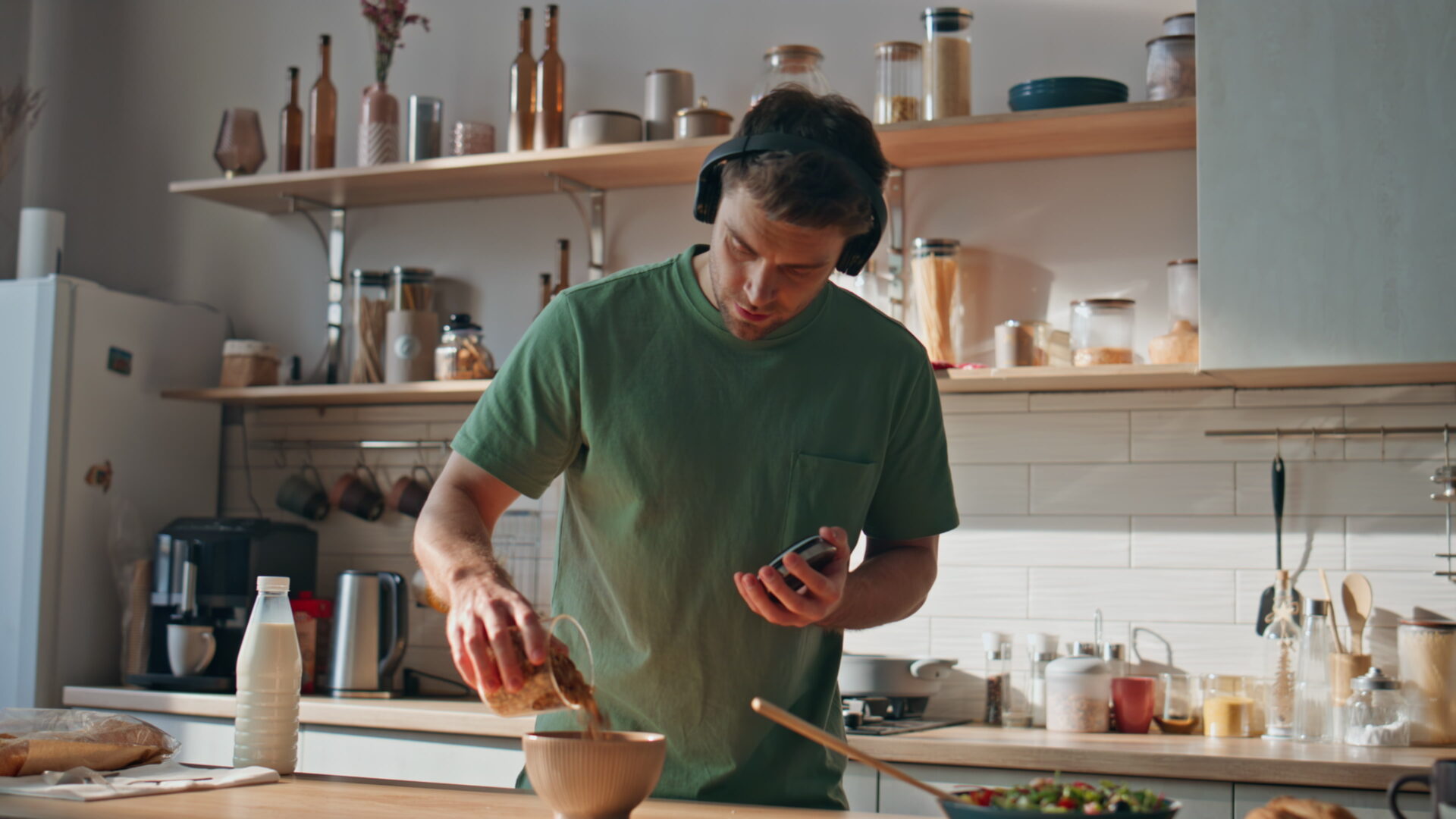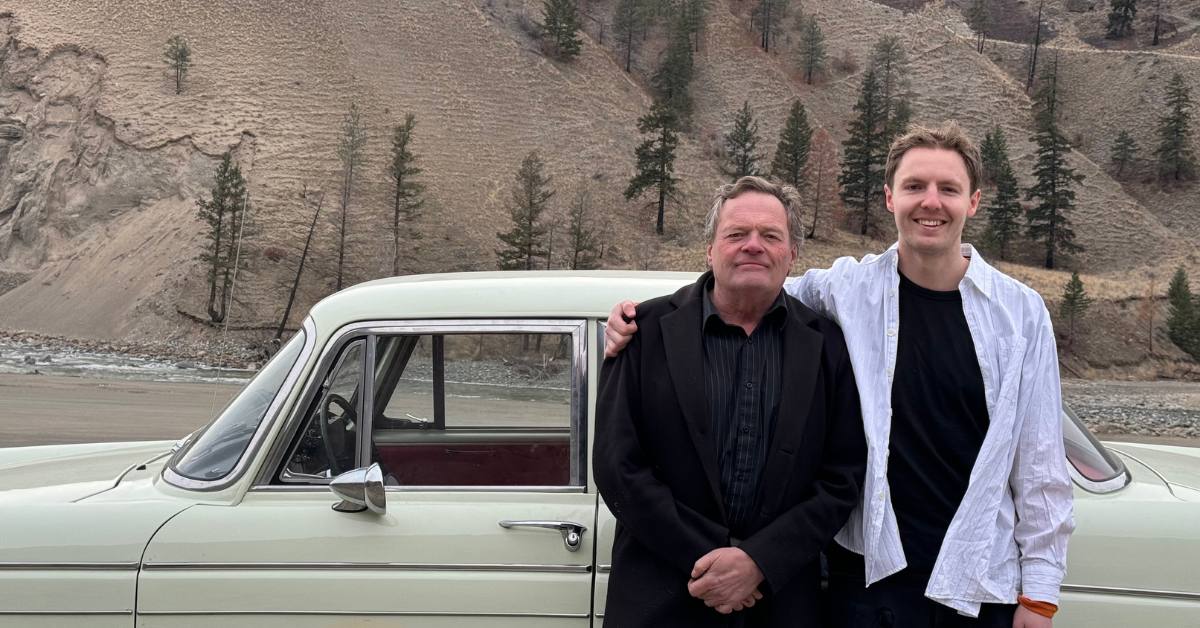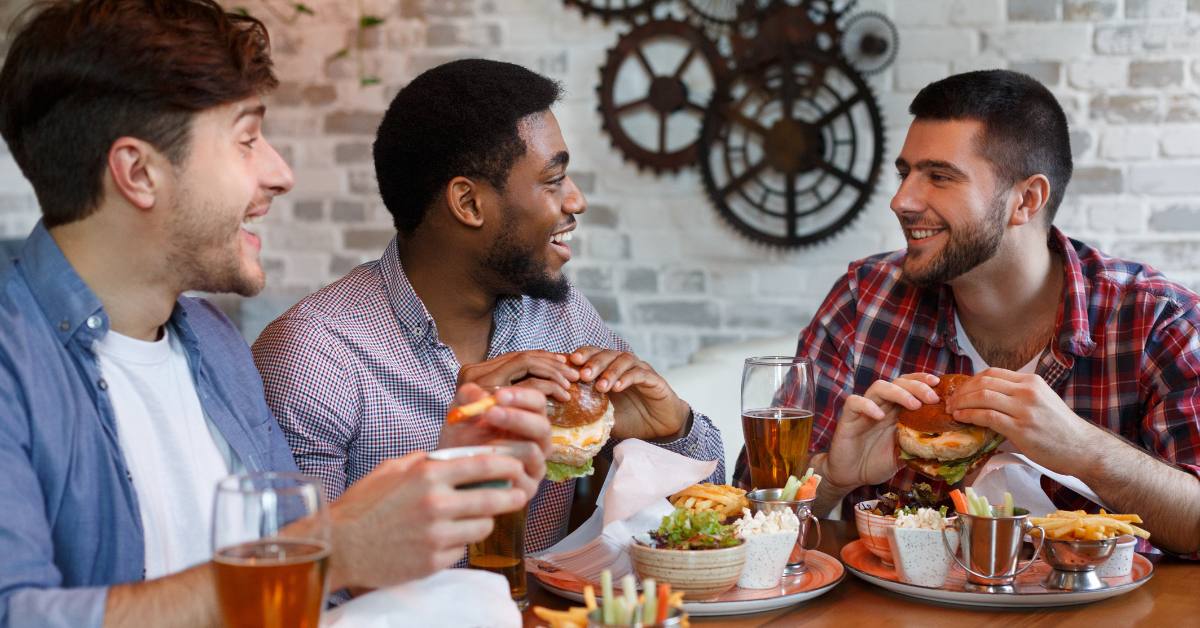Alcohol consumption in Canada is undergoing a significant transformation, with more people re-evaluating their drinking habits and making healthier choices. Dr. Sylvain Charlebois, also known as “The Food Professor,” recently joined the Don’t Change Much podcast to discuss why shifting cultural trends, generational differences, and public awareness are changing how Canadians approach alcohol.
The Decline in Alcohol Sales
“There’s no doubt when you actually look at sales… liquor boards [are] panicking a little bit,” Dr. Charlebois said during the podcast. While dollar sales may appear stable or even slightly up, he clarified that “sales by volume across the country” have declined.
This trend reflects a broader cultural shift away from alcohol. “I don’t think there is one single province where sales by volume are higher compared to last year,” he explained.
One key factor is cost. “You don’t need to drink to survive,” he stated, highlighting that people are making conscious decisions to prioritize other expenses. Rising alcohol prices and the effects of inflation have made it easier for individuals to cut back. “Boards will need to make money, so they will charge you more for that bottle of wine… but slowly, these products are being priced out of the market.”
The Health Risks of Alcohol
Another major contributor to the decline in alcohol consumption is the growing awareness of its health risks. Dr. Charlebois noted that public health campaigns and recent studies have painted a clearer picture of alcohol’s impact on the body.
“I’m not a medical doctor, but I’ve read some of the recent reports about alcohol consumption… we have a clear idea of what the health implications are if you drink,” he said.
Among the risks highlighted by recent research are links to cancer and other serious health issues. Dr. Charlebois acknowledged the influence of evolving public health guidelines, such as Canada’s updated guidance on alcohol and health, which now advises no more than one or two drinks per week.
“At first, I was skeptical… but it’s pretty clear. There are some risks,” he admitted. However, he also pointed out that the drastic reduction in recommended limits may have alienated some people.

Balancing Tradition With Awareness
While the decline in alcohol consumption is promising from a health perspective, Dr. Charlebois cautioned against vilifying alcohol entirely. “Alcohol has been around for centuries… it’s part of our culture and traditions,” he said. From family gatherings to major events like the Grey Cup and the Stanley Cup, alcohol has long played a role in bringing people together.
He advocates for a balanced approach that prioritizes public awareness without demonizing moderate drinking. “Awareness campaigns are important,” he said, adding that they should focus on providing information rather than instilling guilt. “There’s an evolution in the research… we know more now, and that needs to be conveyed to the public.”
Generational Shifts in Drinking Habits
Drinking habits vary significantly across generations, according to Dr. Charlebois. Younger generations are leading the charge in reducing alcohol consumption. “The younger generations are absolutely getting their alcohol fix in another way,” he explained. Many are turning to cannabis, which has become increasingly normalized in Canada since its legalization in 2018.
“For most generations… drinking was a natural thing to do during social events,” he said. However, younger people are redefining social norms, with “some moving away from drugs and alcohol altogether.” This generational shift is reshaping how people gather and connect, with fewer social events centred around drinking.
The Rise of Non-Alcoholic Alternatives
In response to the decline in alcohol consumption, the beverage industry has been adapting. “Non-alcoholic beverages are becoming more popular,” said Dr. Charlebois. He highlighted double-digit growth in this category, driven by improved product quality and consumer demand. “Five, seven years ago, these products were terrible… but now they’re much better.”
Liquor boards across the country have taken notice, with some including non-alcoholic options in their stores. “The industry is trying to figure out… if people aren’t drinking as much, what else are they drinking?” Dr. Charlebois observed.
Small Changes, Big Impacts
The Don’t Change Much podcast emphasizes the power of small, manageable changes to improve health, and Dr. Charlebois echoed this sentiment. “It’s about thinking about your relationship with alcohol,” he said.
Movements like Dry January and Sober October are gaining traction, encouraging people to take a break from alcohol and reflect on their habits. Dr. Charlebois added that such initiatives are part of a broader cultural shift toward mindfulness and moderation.

Alcohol, Health, and Lifestyle Choices
Dr. Charlebois highlighted how reducing alcohol consumption can help you be more healthy in other areas of your life. “When we see people limiting their alcohol intake, does that spill over into other parts of their lives?” he asked. He suggested that cutting back on alcohol often coincides with healthier eating habits and improved nutrition.
Economic pressures further reinforce this trend. With the job market becoming less stable, many people are focused on maintaining peak performance at work. “How can you possibly drink when you’re under that pressure?” he asked, emphasizing that the need to stay sharp and productive is driving people to reconsider their alcohol use.
Final Thoughts: Discipline and Perseverance
Dr. Charlebois shared his personal philosophy, “It’s discipline,” he said. “People who succeed never give up… if you believe in something, just keep on working at it.” He encouraged listeners to approach their health with the same mindset, emphasizing that incremental changes can lead to significant improvements over time.
Are you planning to cut back in 2025? We’d love to hear your thoughts in the comments below.





It’s driven by poverty, not virtue.
I have been cutting back for a couple of years now. Did sober October in 2022. Did six months sober in 2023, 7 months in 2024, and going for 8 months sober this year. Still enjoy my beer when I’m not on a sober month. But maybe next year i will quit for good.